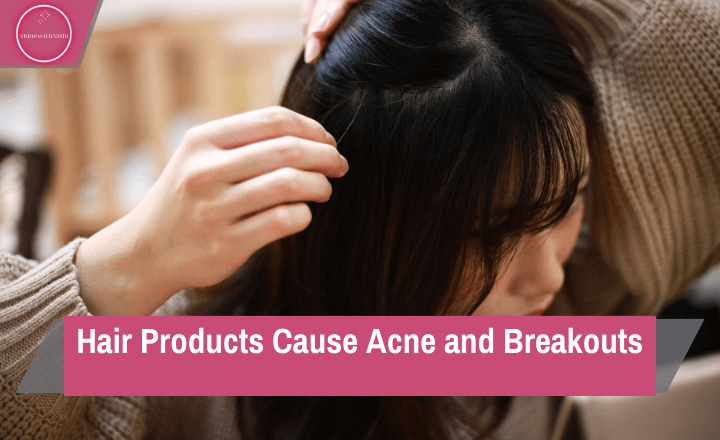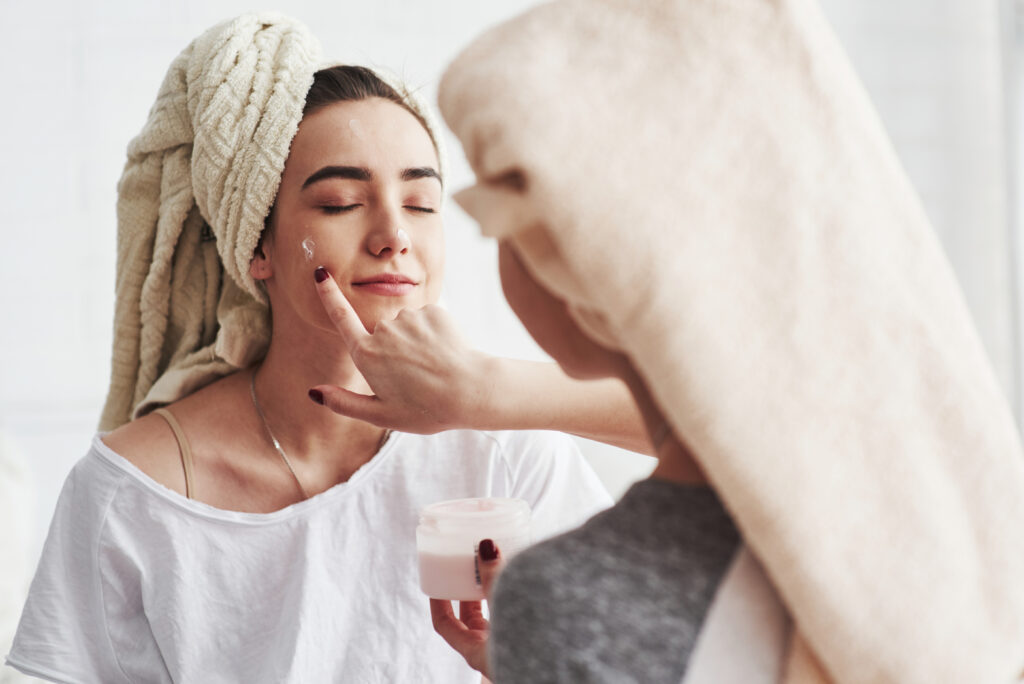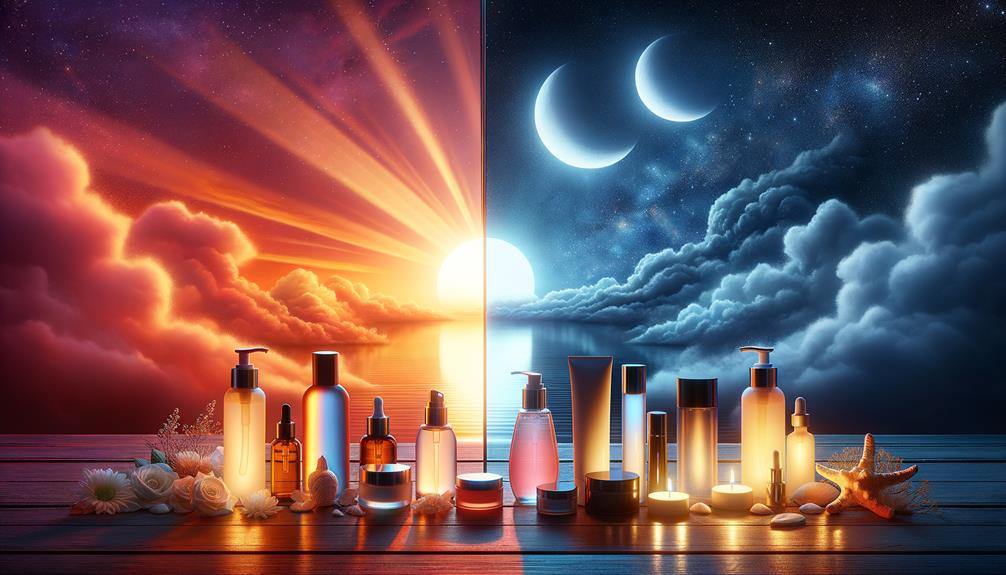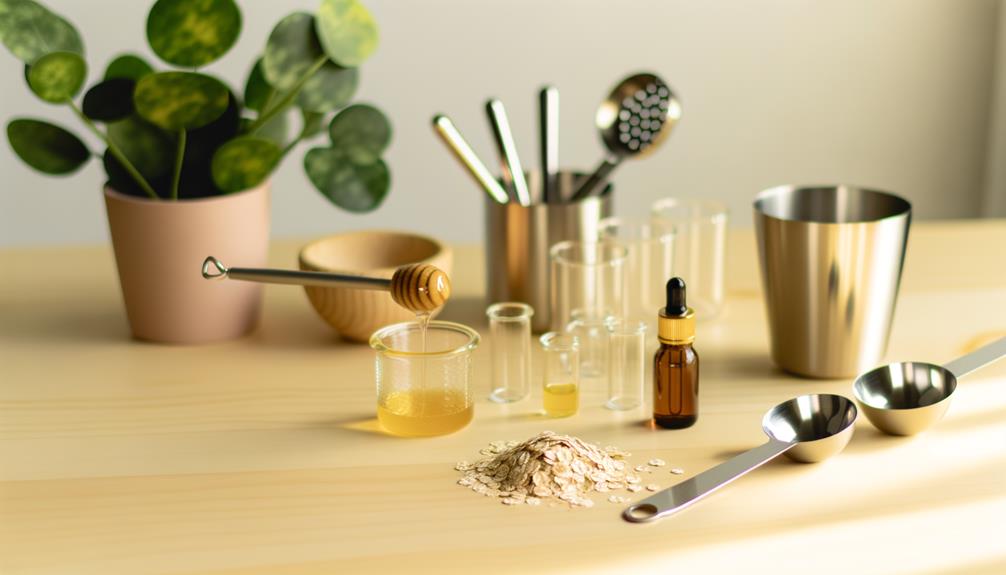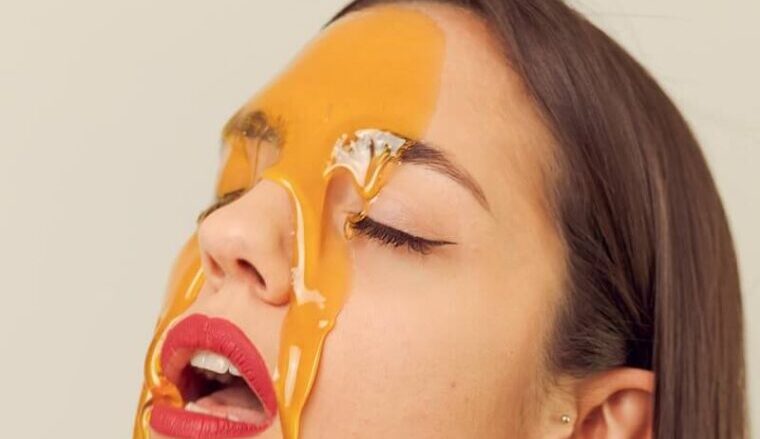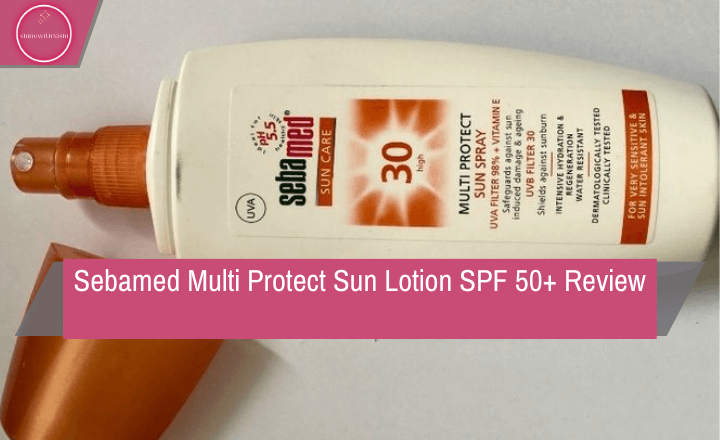Hair Products Cause Acne Can affect your skin. Shampoos, conditioners, and styling products might clog pores and cause breakouts. This article explores how hair products can lead to acne. We’ll talk about common ingredients in hair care items, how they affect the skin, and how to choose acne-friendly products. If you’ve been dealing with pimples near your scalp or forehead, keep reading to determine if your hair products are causing the problem.
Table of Contents
ToggleDoes Hair Cause Acne?
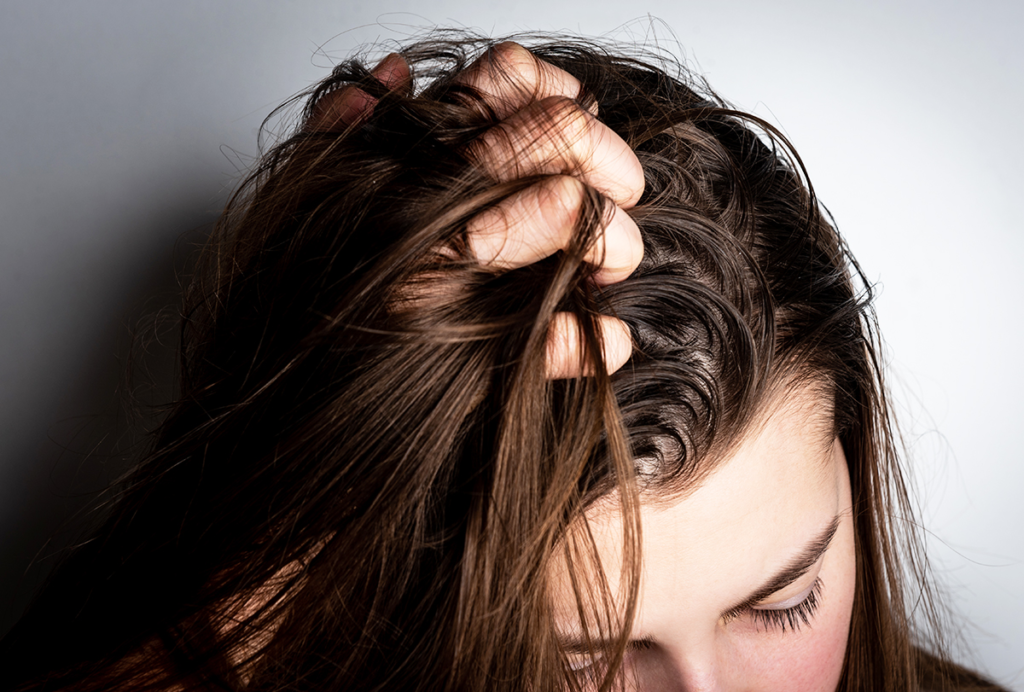
Hair products can cause acne and breakouts. Ingredients like silicons, sulfates, and heavy oils can clog pores and lead to acne, especially along the hairline or forehead. Styling products like gels and mousses can trap oil and sweat on the scalp, causing more breakouts.
Choose non-comedogenic or oil-free options to reduce the risk of acne from hair products. Look for labels that say non-comedogenic or won’t clog pores when buying shampoos, conditioners, and styling products. Also, wash your pillowcases regularly and avoid touching your hair throughout the day to prevent product residue from getting on your skin.
Can Hair Products Cause Acne?
Yes, hair products can indeed cause acne. The ingredients in shampoos, conditioners, and styling products can clog pores along the hairline and lead to breakouts. This is especially true for individuals with sensitive or acne-prone skin. Common culprits include silicones, sulfates, and certain oils that may exacerbate acne.
To minimize the risk of hair products causing acne, consider using non-comedogenic (non-pore-clogging) formulas and avoiding heavy or greasy products. Thoroughly rinse your hair after using these products to prevent residue from contacting your skin. If you suspect a particular product is causing breakouts, try eliminating it from your routine to see if the condition improves.
Which Hair Ingredients Can Cause Acne?
Some hair ingredients can cause acne if they touch your face or neck. Certain oils like coconut and olive oil can clog pores and cause breakouts. Silicones in hair products can also lead to acne by trapping dirt and bacteria on the skin. Sulfates in shampoos can be harsh on the skin and strip away natural oils, causing irritation and breakouts. To prevent acne from hair products, choose non-comedogenic or oil-free options and be careful how they touch your skin during use.
6 Ways to Protect Your hard water hair
5 Tips to Prevent Acne Caused By Hair Products
Following these tips can minimize the risk of developing acne caused by hair products and maintain clearer, healthier skin.
Check the Ingredient Label
To avoid acne from hair products, first check the ingredients. Avoid sulfates, silicones, and certain oils that can clog pores and cause acne. Choose products labeled non-comedogenic and made for acne-prone skin. These products may have salicylic acid or tea tree oil to help prevent acne. Also, be careful when applying hair products to avoid getting them on your skin.
Use a Clarifying Shampoo

Hair products like shampoos and conditioners can clog pores and cause breakouts. A clarifying shampoo is made to clean the scalp and remove leftover styling products deeply. Using it once or twice a week can prevent acne from hair products and keep your skin clear. Choosing a clarifying shampoo with gentle but effective cleansing ingredients like sulfosuccinates or sulfates is essential. A weekly clarifying treatment can also improve scalp health by removing excess oil and reducing flakiness.
Sleep With Hair Wrapped in a Scarf
Wrapping your hair in a scarf when you sleep can do more than keep your hairstyle intact. It can also help prevent acne by keeping hair products from transferring to your skin. This is especially helpful for people with sensitive or acne-prone skin. Using a satin or silk scarf can also keep your hair moisturized and prevent damage from friction. It can also reduce frizz and breakage caused by moving around in your sleep. Wrapping your hair in a scarf keeps your hair healthy and saves time in the morning by making it easier to maintain your hairstyle.
Clip Up Your Hair When Using Hair Masks
Using hair masks can help your hair but also affect your skin. If you wear a hair mask without being careful, you might get acne on your forehead and along your hairline. To avoid this, clip your hair up before using a hair mask. This stops the product from touching your skin and reduces the chance of getting pimples.
It also helps the product get into your hair better. This way, your skin stays safe, and the good stuff in the mask goes deep into your hair, making the treatment work even better. So, the next time you use a hair mask for a spa day at home, remember to clip your hair up for great results inside and out!
Wash Everything – Clothes, Bedding, and Skin
Regularly washing clothes, bedding, and skin is essential for preventing acne from hair products. If we don’t wash our pillowcases and bedsheets, we can transfer hair product buildup to our skin while we sleep, leading to clogged pores and breakouts. Unwashed clothing can also transfer hair products to the skin. Washing clothes regularly helps remove product residue that may have moved from our bodies. Oily residues from hair products can build up on fabric and contribute to acne when they touch the skin.
Innisfree Wine Peeling Jelly Softener Review
Conclusion
Hair Products Cause Acne are essential for maintaining healthy and stylish hair, but can also contribute to acne and breakouts. The ingredients in these products, such as oils, silicons, and fragrances, may clog pores and irritate the skin. We must be mindful of our products and how they may affect our skin.
Choosing non-comedogenic or oil-free hair products, regularly cleaning hair accessories, and keeping hair off the face can help minimize the risk of acne and breakouts. By being proactive about our hair care choices, we can maintain clear and healthy skin while enjoying great-looking hair.

